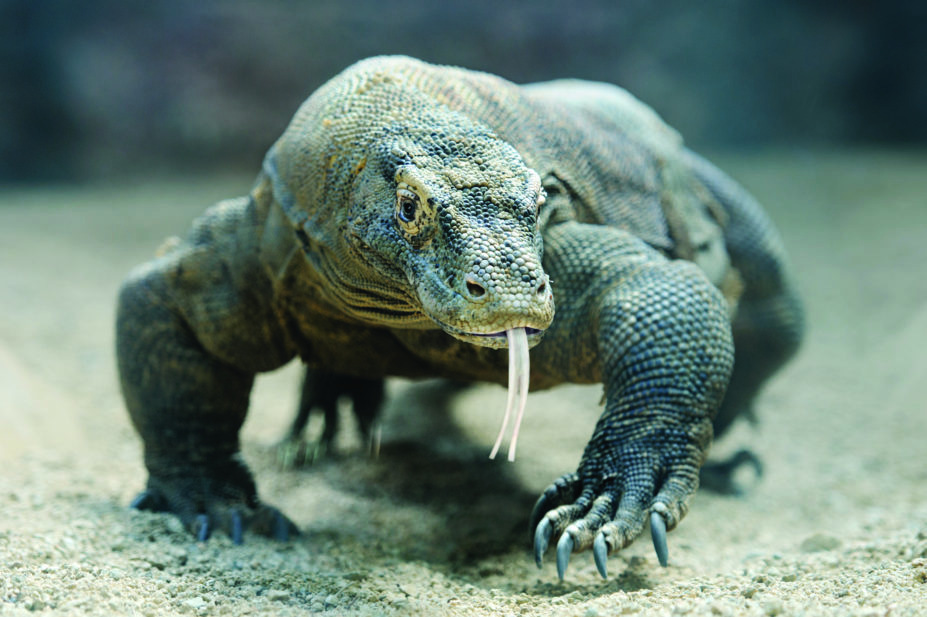
Shutterstock.com
Wound infections are a major concern in medicine, further complicated by antibacterial resistance.
However, a cationic antimicrobial peptide found in the blood of the Komodo dragon may inspire a new treatment for promoting wound healing.
As part of a project funded by the US Defence Threat Reduction Agency, researchers have developed a synthetic peptide called DRGN-1 based on a histone H1-derived peptide from the Komodo dragon.
DRGN-1 was evaluated for its antimicrobial and antibiofilm activity against two stubborn biofilm-producing bacterial strains — Pseudomonas aeruginosa and Staphylococcus aureus.
DRGN-1 was found to make the bacterial membranes permeable and exhibit potential antimicrobial and antibiofilm activity as well as promote keratinocyte migration. Consequently, wound healing was significantly enhanced by DRGN-1 in both uninfected and mixed biofilm-infected wounds in mice.
Publishing their findings in NPJ Biofilms and Microbiomes
[1]
(online, 11 April 2017), the researchers conclude that DRGN-1 would make a good candidate for further development as a topical wound treatment.
References
[1] Chung E, Dean S, Propst C et al. Komodo dragon-inspired synthetic peptide DRGN-1 promotes wound-healing of a mixed-biofilm infected wound. NPJ Biofilms Microbiomes 2017. doi: 10.1038/s41522-017-0017-2


